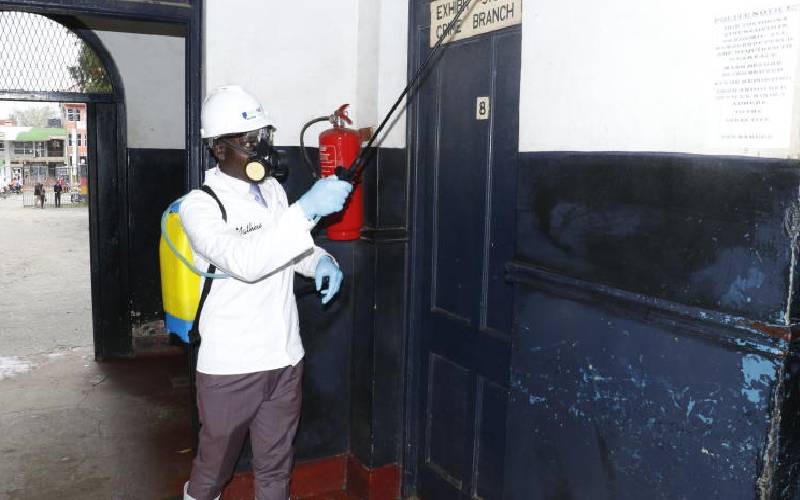×
The Standard e-Paper
Home To Bold Columnists

But for the measures to have the desired effect, top scientists have advised current restrictions remain in place at least to the end of June, if not longer.
Kenya enters the second month of the Covid-19 crisis with guarded optimism that containment measures are slowing down the disease.